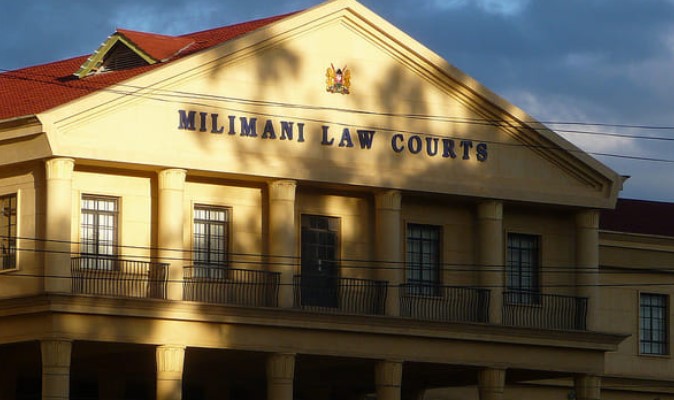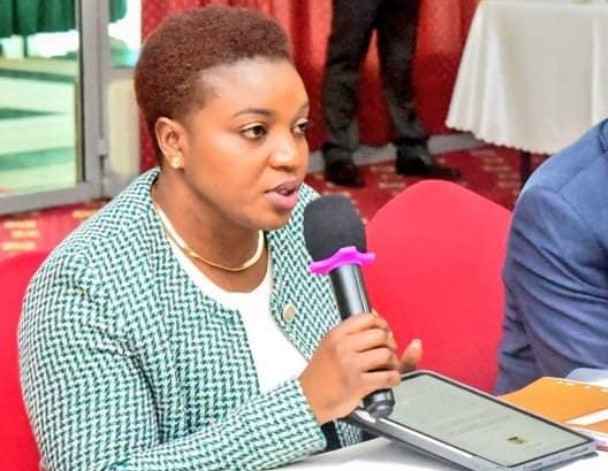Governors to Shutdown Counties over Revenue Sharing Formula
The Kenya council of governors has warned that it plans to close activities in the county governments. This will be followed by all county staff being sent on leave. According to the Chair of the Council of Governors – Kakamega Senator Wycliffe Oparanya, they are doing this to protest against shortage of funds in the counties’ coffers. This comes as a result of the revenue sharing formula standoff in the senate.
Additionally, the governors have warned that they will initiate a petition to dissolve the senate. Oparanya said that senators have failed to undertake their duties as outlined in the Kenya constitution.
Senate’s Reply to Governors
As a rebuttal, senate majority chief whip – Murang’a senator Irungu Kang’ata opposed the said shutdown plans by the governors. He said that the county heads have failed to utilize the available laws that would enable them get funds from the treasury.
The governors claim that the counties are so broke that they can’t be able to pay salaries of fund development projects. Wycliffe Oparanya announced September 17 as the date when if they don’t have funds, they will shut down the counties. All staff will have to go home until the time when treasury will release the funds.
Senator Kang’ata quoted a clause in the constitution which says that ‘if the county allocation of revenue bill submitted to parliament for a financial year has not been approved by parliament, or is not likely to be approved by parliament by the beginning of the financial year, the controller of budget may authorize withdrawals of up to 50 percent from the consolidated fund.’ This would be done through the Commission of Revenue Allocation.
Oparanya warned senators using article 258 of the constitution. It states that a petition for dissolution of the senate can be initiated by any member of the public through a high court.
Revenue Sharing Formula Stalemate in Senate
The senate has on several occasions failed to reach a deal on the revenue allocation formula. It has been a battle between one man one shilling vs one kilometer one shilling.
There had been several heated debates in the senate. Senators formed a special House select committee. Its mandate was to come up with an amicable deal that would pass the senate. After meeting for two weeks, the members of the committee announced that they had reached a deal. It later turned out that no deal had been reached on revenue allocation. The committee had produced two reports.
The committee chaired by Bungoma Senator Moses Wetangula handed the two reports to Senate Majority leader – West Pokot Senator Samuel Poghisio and Minority leader – Siaya Senator James Orengo. The senators asked the house leadership to consult with President Uhuru Kenyatta and opposition leader Raila Odinga. The two are expected to offer leadership and direction.
If President Kenyatta and Raila agree on a revenue sharing formula, they will be able to convince the members of their party to support it.
The main objective of the senate is to find a win-win solution. This is difficult considering that some counties will lose the amount they have been getting from previous formulas. Other counties stand to gain a lot.
The senate House Finance and Budget Committee had agreed on one man one shilling formula. This would make less populous counties lose Kshs 17 billion.
Also Read Migori Governor Set to be Impeached
Revenue Sharing Formula Amendment
An amendment by Meru Senator Mithika Linturi tried to balance the allocation. It set aside Kshs 270 billion to be shared equally among the counties. An amount of Kshs 46.5 billion would then be shared in a formula that takes into consideration both the population of counties and size.
One thing that all the senators agree on is that the treasury should increase its allocation to the counties from the 2020 budget. The senate is set to resume on 8th September from recess. The agreement between President Uhuru Kenyatta and Raila odinga is expected to be presented. If there is no agreement, the two reports will be brought to the house for debate and voting. Samuel Poghisio however said that both formulas as presented by the special committee still need improvements.
By David Ng’ang’a











